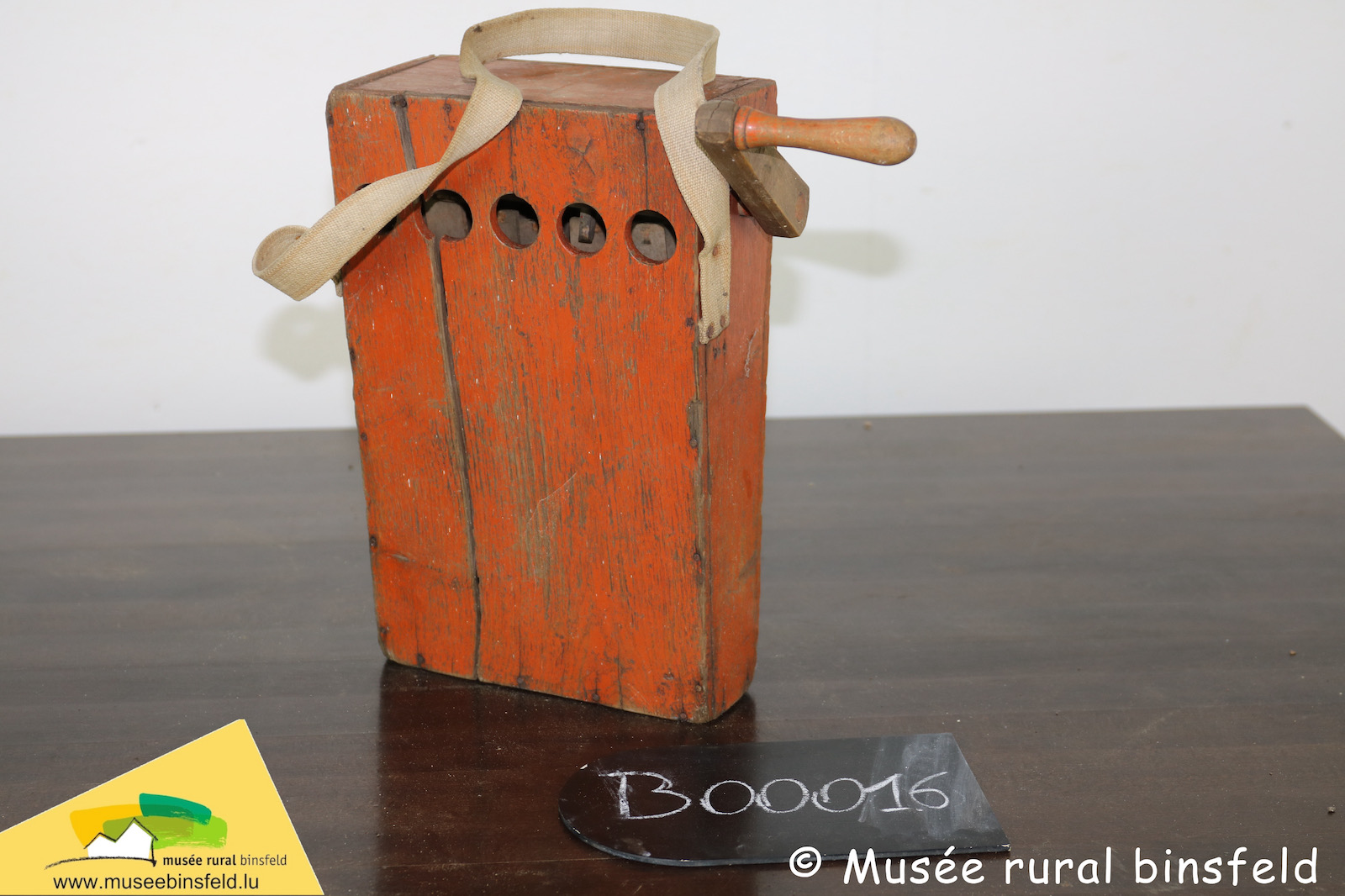„D’Klibberen ass eng al Traditioun aus dem Elsass a vu Lëtzebuerg wou d’Kanner vu Gréngen Donneschdeg bis Ouschtersonndeg d’Kiercheklacken ersetzen a Moies, Mëttes an Owes mat hire Klibberen duerch d’Stroosse ginn.
D’Lëtzebuerger Wort schreift haut, datt déi Verantwortlech vun de Lëtzebuerger Massendénger derfir suerge wëllen, datt d’Klibberen op déi national Lëscht vum immaterielle Kulturierwen opgeholl gëtt. Dofir maachen si en Opruff un d’Bevëlkerung fir Dokumentatiounsmaterial ze kréien an hire Froebou op hirem Internetsite auszefëllen. Dës Initiative ass begréissenswäert a soll deementspriechend och ënnerstëtzt ginn.
An deem Kontext wollt ech der Madamm Kulturministesch folgend Froe stellen:
- Wéi steet d’Madamm Ministesch zu der Initiative vun de Lëtzebuerger Massendénger?
- Wier d’Madamm Ministesch bereet d’Klibberen op déi national Lëscht vum Kulturierwen opzehuelen?Wa jo, ënner wat fir enge Bedéngungen?
- Ass d’Madamm Ministesch bereet, de Promoteure vun dëser Initiative mat Rot an Dot zur Säit ze stoen an hinnen Experten, z.B. aus staatleche Verwaltungen, unzeginn, déi si an hirer Aarbecht begleede kënnen?“






